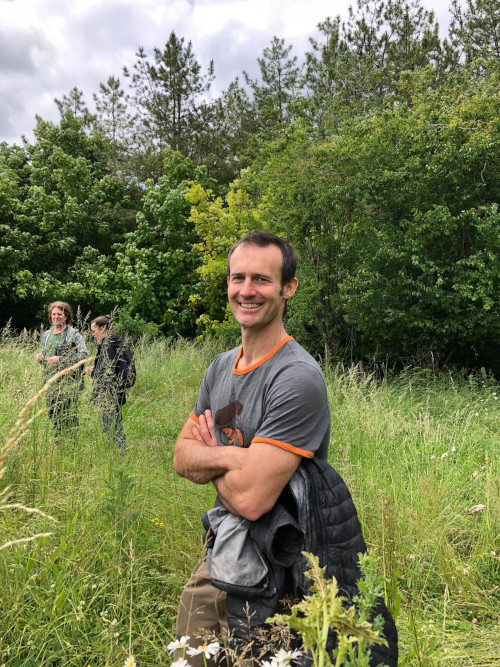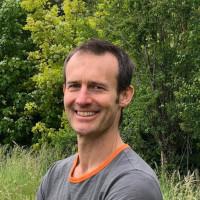Professional summary
Research Interests
Ben has worked with honeybees, wild bees and other insects in and around agricultural land for the last 20 years, trying to develop new ways to manage these systems that allow farmers to produce food and remain profitable while reducing the impact that agriculture has on the wider environment.
A lot of his work over the last 5 years has focused on the impacts of pesticides on bees. This started with looking at the effects of neonicotinoid pesticides first on wild bee population over a nearly 20 year period and then as part of the largest ever farm scale assessment of the effects of these insecticides on honeybees and wild bees in England, Germany and Hungary. You can hear Ben talking about this project on BBC’s Inside Science. Since then Ben has become every more interested in how we can use honey samples to track residues of pesticides, undertaking some of the first work that led to the development of the honey monitoring scheme.
Ben has been involved in the NHMS since its beginning and has published on how we have used the scheme's data to look at the effects of agriculture on honeybees. Ben also leads the work that links the samples collected by NHMS with Defra's need for indicators of real world pesticide exposure for honeybees. This is part of the government's commitment to the 25 Year Environment Plan.

